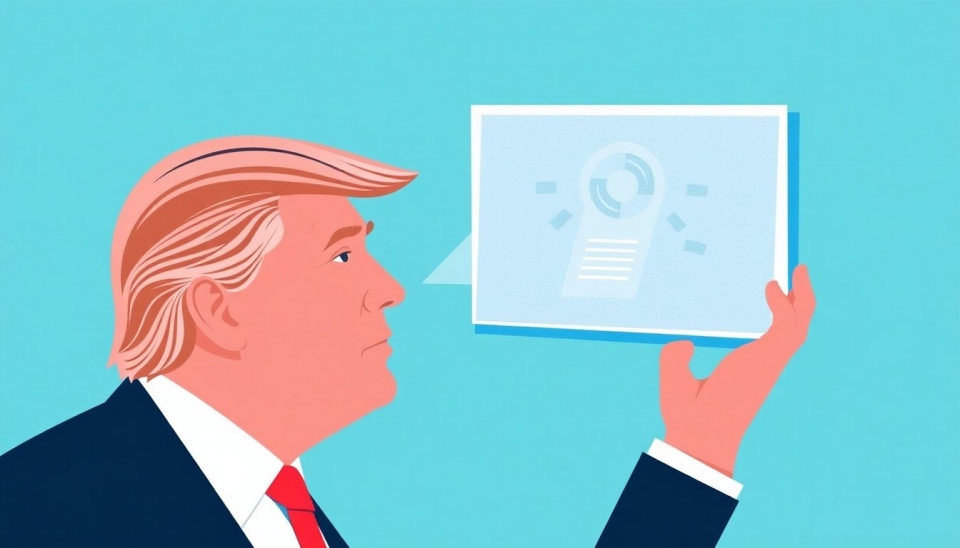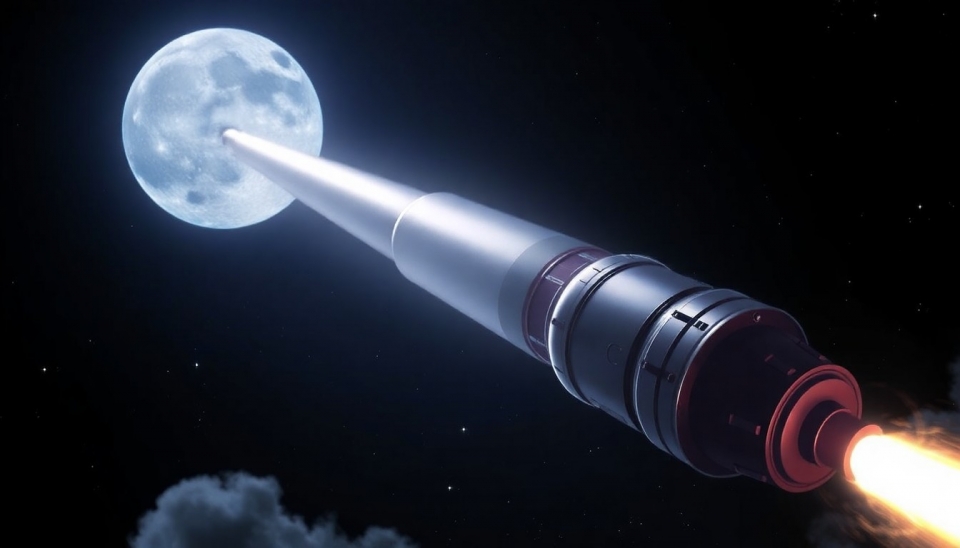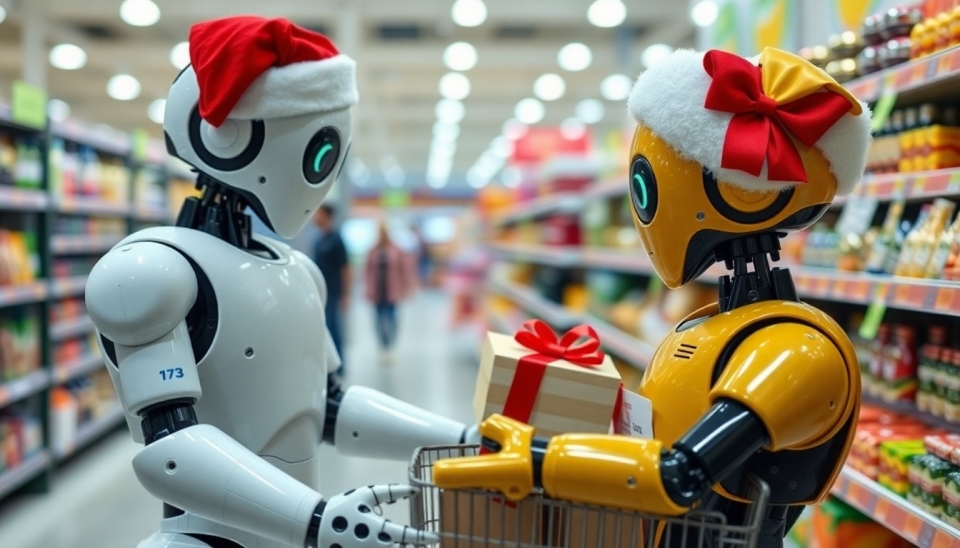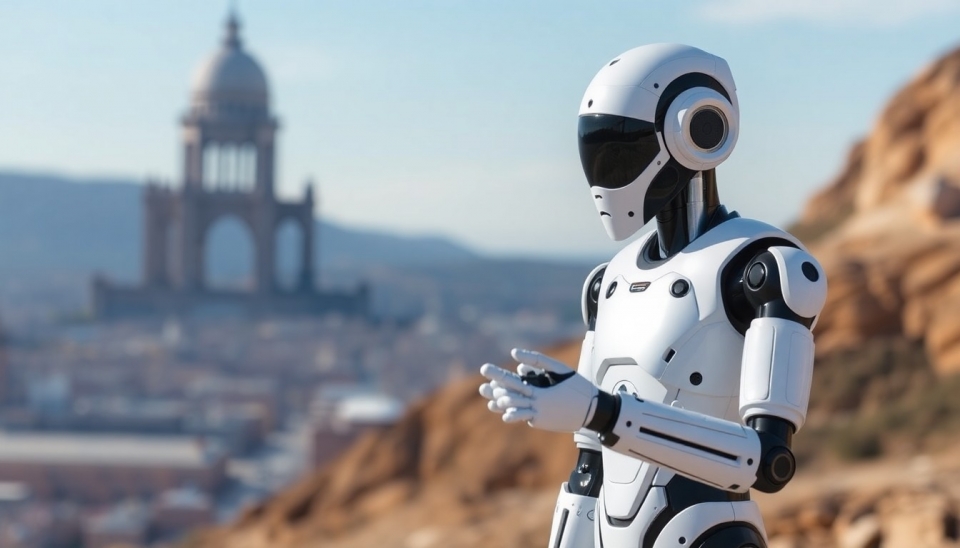Transforming the Job Market: How AI is Changing the Workforce in Trump's Era

In recent years, the implementation of artificial intelligence (AI) technologies has become a significant factor in transforming the job market. The rapid development of AI, particularly in management and business contexts, raises concerns among employees who may be at risk of losing their jobs. This is connected to the potential for automating several professions traditionally performed by humans. The new opportunities opened up by these technologies lead many companies to consider how to effectively integrate AI into their processes.
With the launch of a new AI integration project initiated by the Trump administration, a vision of further transformation of the job market begins to take shape. The idea is for companies to use AI to enhance productivity and reduce costs, but this process may also result in workforce reductions.
According to reports, many professionals find themselves at a disadvantage as their skills become less relevant in the context of automation. This necessitates retraining and acquiring new skills, which requires time and resources. There are concerns that not all workers will be able to successfully adapt to the new market requirements, potentially leading to an increase in unemployment.
To successfully navigate the challenges associated with AI, experts recommend that workers take a proactive approach to their careers by investing in their own education and development. It is crucial to recognize that technology is not a threat but an opportunity that helps people perform their tasks more effectively and reach new heights in their professions.
Thus, in light of new technological changes, it is important to remember the necessity of continuous learning and adaptation. The future of work depends on the readiness of both employees and employers to embrace the changes brought about by the implementation of artificial intelligence.
#Technology #ArtificialIntelligence #JobMarket #Trump #Jobs #Automation




